Guide to Earthquake Insurance
We will search the top carriers for you for the best offer.





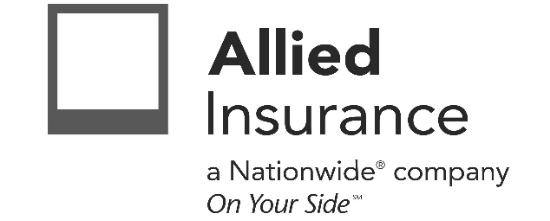
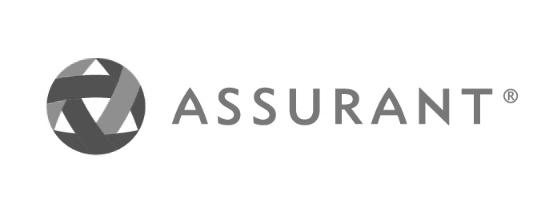
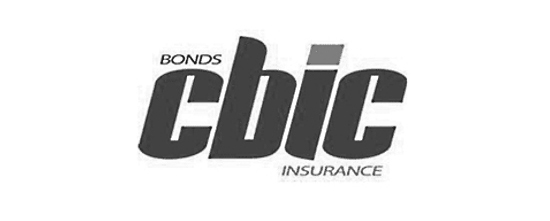


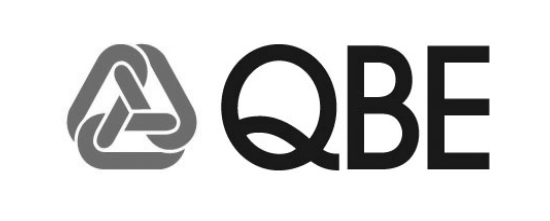
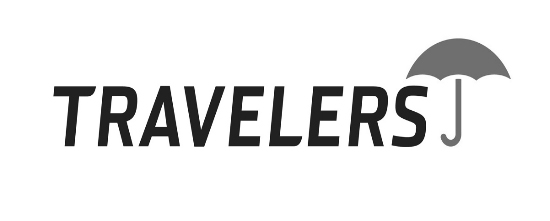
Guide to Earthquake Insurance
Guide to Earthquake Insurance
Earthquakes are natural disasters that can strike without warning, causing significant damage to homes and properties. While standard homeowners’ insurance policies cover many perils, they typically exclude earthquakes. To protect your home and finances from the devastation of an earthquake, it’s essential to consider earthquake insurance. This guide will walk you through the key aspects of earthquake insurance.
Understanding Earthquake Risks
The Earthquake Threat
Earthquakes pose a serious threat to properties and can lead to substantial financial losses. They are unpredictable and can occur anywhere, but some regions are more susceptible than others.
High-Risk Areas
Certain areas are more prone to earthquakes, such as those located along tectonic plate boundaries. For example, California, Alaska, and parts of the Midwest and Southeast United States have higher earthquake risks.
What Does Earthquake Insurance Cover?
Dwelling Coverage
Covers the cost to repair or rebuild your home if it is damaged by an earthquake.
Personal Property Coverage
Protects your personal belongings, such as furniture, electronics, and clothing, from earthquake damage.
Additional Living Expenses
Covers the cost of temporary housing and other living expenses if your home becomes uninhabitable due to an earthquake.
Loss of Use Coverage
Provides financial assistance for loss of rental income if you rent out a portion of your home that becomes uninhabitable.
Deductibles
Typically calculated as a percentage of your home’s insured value, ranging from 5% to 25%.
Exclusions and Limitations
Earthquake Insurance Exclusions
Policies usually exclude damage from other types of earth movement, like landslides and sinkholes.
Building Types and Materials
Certain building types and materials, such as unreinforced masonry, may not be covered or might have higher premiums.
Unreinforced Masonry Buildings
Buildings with unreinforced masonry are more susceptible to earthquake damage and may face higher premiums or limited coverage options.
Government Assistance
Federal disaster assistance is often limited and may not cover all repair costs, making earthquake insurance crucial for comprehensive protection.
How to Obtain Earthquake Insurance
Separate Earthquake Policy
Purchase a standalone earthquake insurance policy from a specialized insurer.
Endorsement or Rider
Add earthquake coverage as an endorsement or rider to your existing homeowners’ policy.
State Earthquake Insurance Programs
Some states, like California, offer government-backed earthquake insurance programs for residents.
Determining Coverage Needs
Assessing Your Risk
Evaluate the earthquake risk in your area and the susceptibility of your home to damage.
Calculating Replacement Costs
Determine the cost to rebuild your home and replace your belongings in the event of an earthquake.
Cost of Earthquake Insurance
Premiums
The cost of premiums varies based on factors like location, building structure, and coverage amount.
Deductibles
Higher deductibles can lower your premiums but increase your out-of-pocket costs after a claim.
Factors Affecting Premiums
Include location, age and construction of the home, and proximity to fault lines.
Choosing an Earthquake Insurance Provider
Research and Compare
Evaluate multiple insurance providers to find the best coverage and rates.
Financial Strength
Ensure the provider has a strong financial rating to guarantee they can pay out claims.
Customer Service
Choose a provider known for excellent customer service and a smooth claims process.
Filing an Earthquake Insurance Claim
Reporting Damage
Contact your insurance provider immediately after an earthquake to report any damage.
Documentation
Document all damage with photos and detailed descriptions to support your claim.
Claims Process
Follow the provider’s claims process, providing all necessary information and cooperating with adjusters.
Tips for Mitigating Earthquake Risks
Retrofitting Your Home
Invest in retrofitting measures, such as bolting the foundation and securing heavy furniture.
Emergency Preparedness
Create an emergency plan and supply kit to ensure your family’s safety during an earthquake.
Securing Personal Belongings
Secure items like bookshelves, televisions, and water heaters to minimize damage during an earthquake.
Frequently Asked Questions (FAQs)
Is earthquake insurance mandatory?
No, but it is highly recommended, especially in high-risk areas.
Can I buy earthquake insurance after an earthquake?
Yes, but there may be a waiting period before coverage begins.
What if my home is part of a condominium association?
Check if your association has a master earthquake policy and consider additional individual coverage.
Do renters need earthquake insurance?
Yes, renters can purchase policies to cover personal property and additional living expenses.
Are there government earthquake insurance programs?
Some states offer government-backed earthquake insurance programs, such as the California Earthquake Authority (CEA).
Earthquakes can have devastating consequences, both in terms of property damage and financial loss. Earthquake insurance provides a crucial safety net to protect your home and assets in the event of a seismic event. By understanding the risks, coverage options, costs, and how to choose the right policy, you can make informed decisions to safeguard your future. Remember that earthquake insurance is a valuable investment in your peace of mind and financial security.
We will find the best business insurance tailored to your needs. Read more…
Related Posts
Get a Right Insurance For You
SHARE THIS ARTICLE

Earthquake Insurance quote
Send the request and we will quote multiple markets to get you the best coverage and price.
We will compare quotes from trusted carriers for you and provide you with the best offer.
Whatever your needs, give us a call, have you been told you can’t insure your risk, been turned down, or simply unhappy with your current insurance? Since 1995 we’ve been providing coverage to our customers, and helping people across United States.













